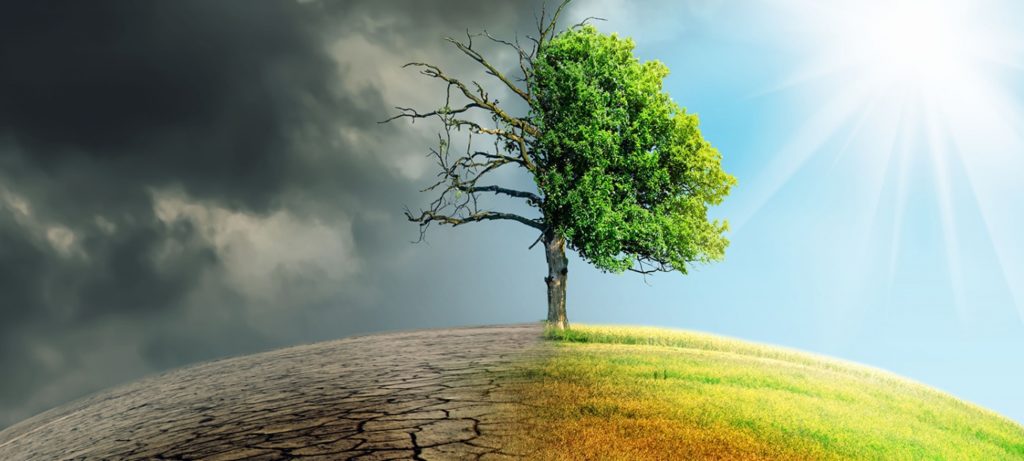RELIGIOUS leaders from diverse denominations say there is a need for all stakeholders to collectively mobilise resources to come up with sustainable solutions to combat climate change.
This comes as the country is grappling with the devastating effects of climate change which is affecting the social and economic lives.
Addressing the media in Harare on Friday, Methodist Development and Relief Agency leader, Reverend Gloria Hokonya emphasised that authorities should involve faith leaders in decision-making as they play a crucial role in equipping communities with the necessary climate skills and knowledge.
“We have come together as faith leaders, calling for urgent action on climate change adaptation efforts and initiatives. Zimbabwe relies heavily on rain-fed agriculture, and the changing climate has led to decreased crop yields and increased vulnerability to food insecurity.
“In this joint statement, we are calling for the need for immediate action to address the impacts of climate change in Zimbabwe. There is a need to continue emphasizing how inclusive and participatory strategies that engage local communities and incorporate traditional knowledge and practices bring sustainable solutions,” she said.
“As Faith Leaders we recognize the fact that in as much as we preach of a world to come, God gave us authority to steward the earth and all that is in it and it is in this vein that we therefore urge the government, civil society organizations, and the international community to work collaboratively to implement sustainable and effective climate action that will halt the current trajectory towards the decimation of mother earth,” Hokonya said.
Hokonya urged church leaders to leverage their influence to raise climate change awareness in their congregations, driving positive change in the community “We encourage all faith leaders at the local level to leverage interfaith platforms for community dialogues leading to Community-Based Adaptation strategies.
The dialogues will empower local communities to develop and implement their own adaptation plans, which are essential for building long-term resilience.
“Faith leaders in Zimbabwe can play a pivotal role to mobilize every citizen to participate in the forthcoming public consultations on the Climate Change Management Bill.”
On his part, Prince Mutandi, Zinatha secretary of education, emphasised the importance of incorporating traditional knowledge into policymaking decisions.
“It is important to note that climate change is a complex issue that requires a multi-faceted approach. By considering traditional knowledge, policymakers can tap into effective practices that have been passed down through generations.
“Cultural practices, such as the taboo on farming or cutting trees in sacred places, served as a strategic means of conserving the ecosystem,” he said.
The presser was hosted in conjunction with the Zimbabwe Council of Churches, Zimbabwe National Traditional Healers’ Association (ZINATHA) and Supreme Council of Islamic Affairs in Zimbabwe.
